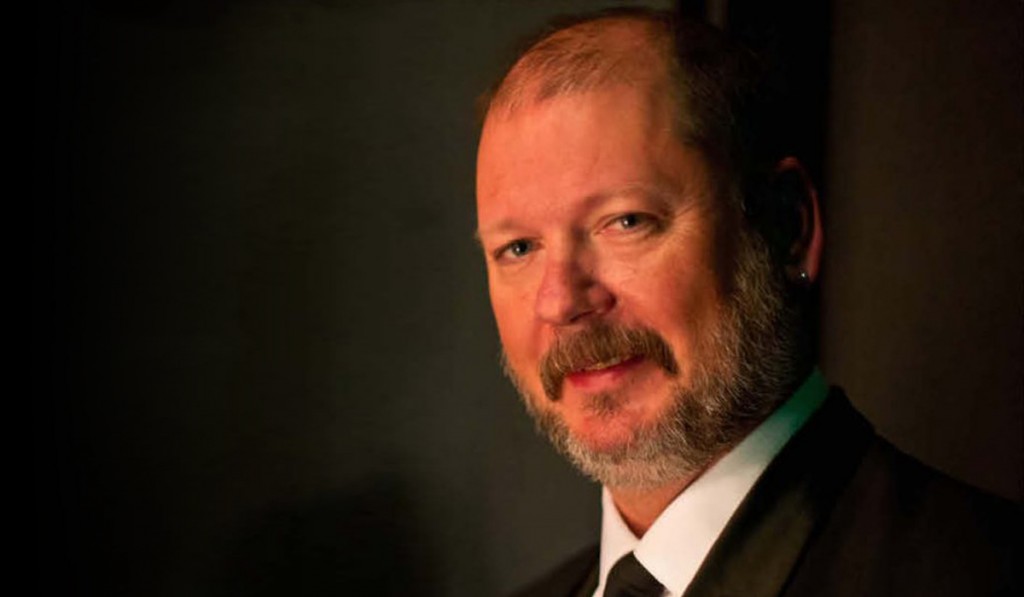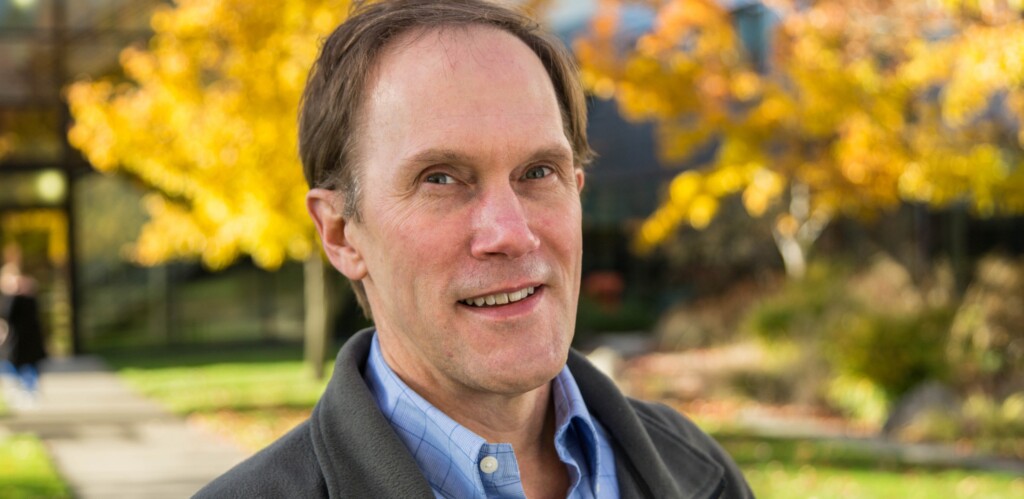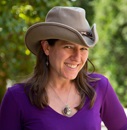Page 65 • (1,591 results in 0.056 seconds)
-

your living room via live stream. Five cast members are in front of a camera but in separate rooms broadcasting live, instead of a pre-recorded production (as has been more common of theatre productions during the pandemic). The dynamics of coordinating a live multi-stream reveals unforeseeable challenges, explains director and theatre professor Jeff Clapp “It looks easy on YouTube, and it ain’t at all,” says Clapp. “Things that you don’t think about. We all know how green screens work, but we
-
Lute Chemists and the PLU Day of Vocation Apr 5th-6th Posted by: yakelina / April 5, 2016 April 5, 2016 The PLU Day of Vocation is almost here! PLU Chemists are a big part of it this year! (i) Keynote: Michelle Long, ’85 PLU Regent and chemistry alumna, Tues 4/5, 7 – 8 p.m., Scandinavian Cultural Center Join PLU Regent and alumna Michelle Long as she kicks off this year’s Day of Vocation with a talk that addresses the challenges of finding purpose in life. Michelle claims that experiences
-
Fred Tobiason, Professor Emeritus of Chemistry, during the dedication of the Fred L. Tobiason Outdoor Learning Center on April 18, 2011. Photo by John Froschauer Clover Creek on lower campus Fred L. Tobiason Sustainability Outdoor Learning Research AwardBe part of a campus tradition rooted in our shared love for the outdoors!The Fred L. Tobiason Plant and Animal Sustainability Outdoor Learning Research Endowment was established through the generosity of PLU Research Emeritus Professor of
-

PLU, Dean Waldow receive NSF grant to continue lithium-ion battery research Posted by: Marcom Web Team / April 30, 2020 Image: PLU Professor of Chemistry Dean Waldow has been researching polymers and ion conductors that could revolutionize the lithium-ion batteries used in cars and other vehicles. April 30, 2020 By StaffMarketing & CommunicationsTACOMA, WASH. (April 30, 2020) — The National Science Foundation has awarded PLU and Professor of Chemistry Dean Waldow a $230,000 grant over three
-
students gain research experience in nationally recognized labs, prepare for graduate school, network with peers and research professionals, receive mentoring from top faculty, create potentially publishable work, receive a competitive stipend and restitution for travel and housing, and may be eligible to receive academic credit and attend professional conferences. Research projects within CEBR labs cover a broad range of disciplines, including chemistry, physics, materials science & engineering, and
-
2nd 4-5PM Pacific / 7-8PM Eastern RSVP for Zoom Info: https://forms.gle/98RJzcPPhMTXWBCQ9 Questions? Send them my way: Lynde Ritzow – lynde@uoregon.edu Academic Requirements: Students with backgrounds in chemistry, physics, biochemistry, chemical and electrical engineering – and related fields are welcome to apply, Why It’s Special: In just over a year, you can gain: 9-months work experience. This year’s average, annualized internship salary is over $64,000. A master’s degree in chemistry or
-

areas: biology, chemistry, computer science, environmental studies, geosciences, marriage and family therapy, mathematics, music, nursing, physics. Library instruction, reference, online resource management. Selected Presentations 2021 ALD/ACRL-WA and ACRL-OR Joint Fall Summit, Re-contextualizing the Antelope: What a Year in Nature Taught Me about Documentation (November 5, 2021) Interests hiking camping martial arts Hardanger fiddle science fiction
Contact Information -

common sense. “If you live in a beautiful environment there’s more of an incentive to care about the environment,” he said. It was PLU’s organ that attracted the green professor to the institution, not its mission for sustainable living. Tegels said everyone still has a long way to go before reaching a perfectly green lifestyle, but he said the goal that PLU has for a healthier planet is the first step. “It’s very much the mindset of the individual that will determine where we go with all of this
-
experience left them feeling prepared for the rest of their time at PLU and beyond. “The biggest takeaway for me is being able to apply what I’m learning in classes and put it into actual observation and fieldwork,” Higgins said. “We learned so much about the environment from scholars. It’s made me a more critical thinker and it’s exciting to understand the situation of whales and think of more thoughtful ways to solve problems.” Marsha Green, a professor at Albright College in Pennsylvania and the
-
with how different ratios of solvents: oleylamine to hexadecane ratios may alter the growth of the ZnSe semiconductor nanocrystals. Furthermore, the research was interested in implementing green chemistry to avoid harmful solvents like phosphine, cadmium, and diethyl zinc-based semiconductor nanocrystals. After analysis, the solvent ratio between oleylamine and hexadecane may affect the nanocrystal length shown in the UV-Vis spectra and x-ray diffraction peaks. More testing needs to be done to
Do you have any feedback for us? If so, feel free to use our Feedback Form.


